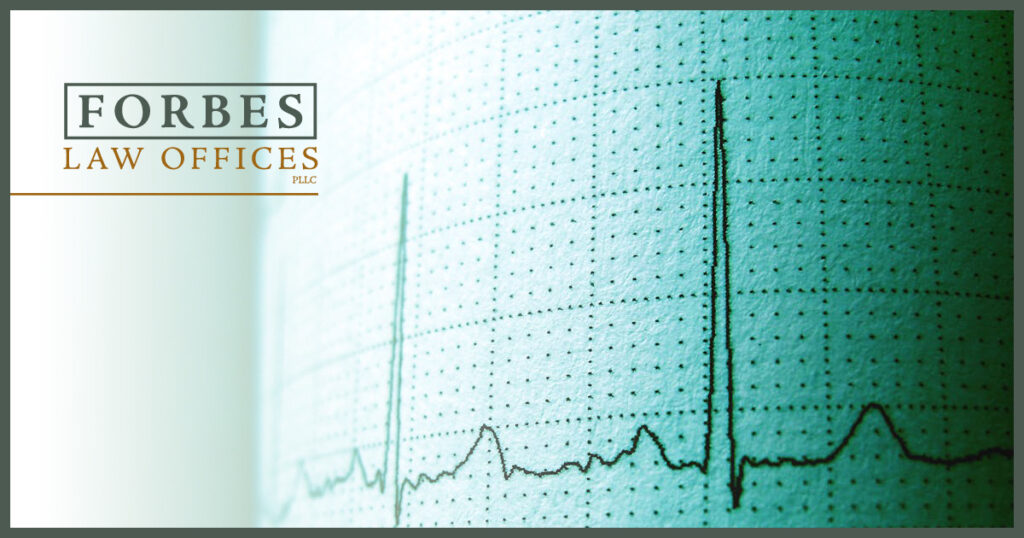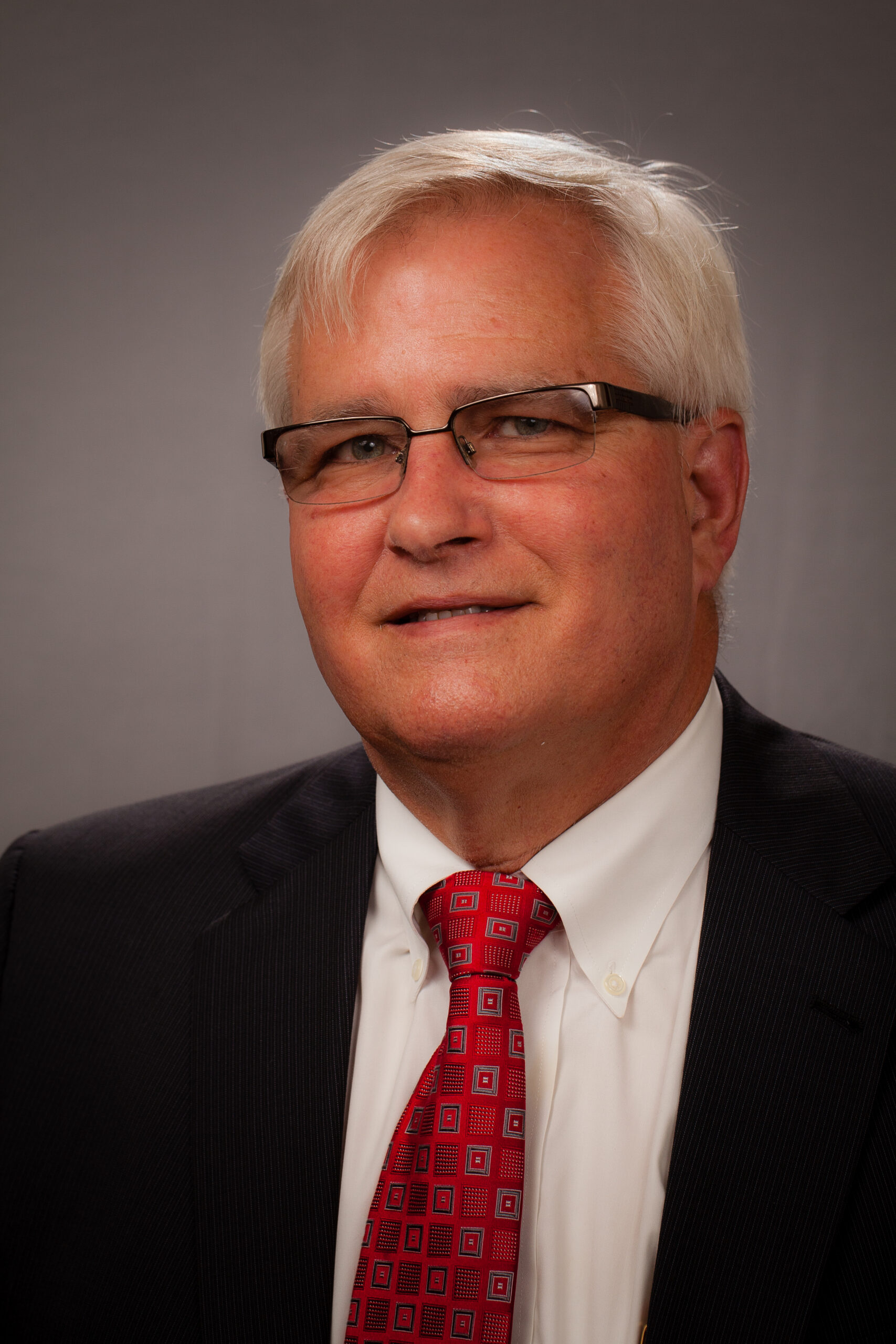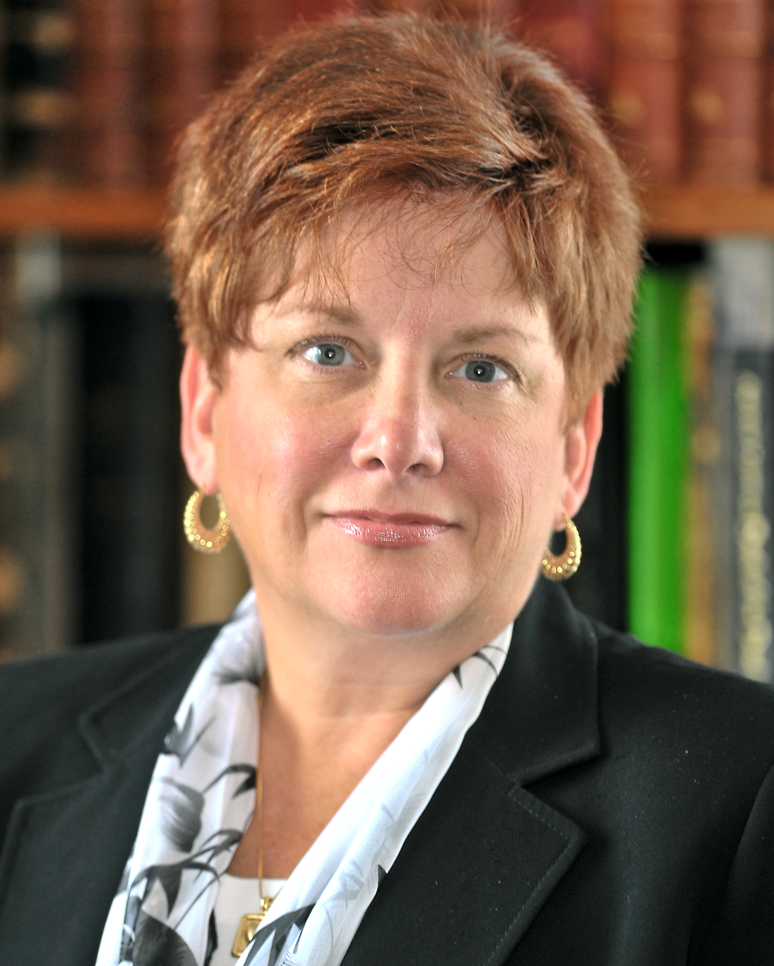Each year, far too many patients are left to suffer from debilitating pain and mental anguish as their doctors struggle to diagnose what ails them.
In some cases, it takes so long to get a diagnosis that patients experience significant declines in their health or die waiting for answers. As for the latter, according to a study published in the BMJ Quality and Safety Medical Journal, between 10 and 20% of patients may ultimately succumb to their illness because of diagnostic discrepancies.
Keep reading where we’ll discuss the most common causes of failure to diagnose.
Medical Conditions That Often Receive Delayed Diagnoses
Some patients present with diseases that commonly receive initial misdiagnoses, meaning delays occur in patients finding out what health condition they may have and in receiving the appropriate treatment for it. Those illnesses include:
- Heart attacks
- Cancer, including most commonly pancreatic, breast, colorectal, and lung varieties
Why Failures to Diagnose Occur
The reasons why doctors may be unable to hone in on a specific diagnosis, resulting in them assigning patients incorrect ones, include because physicians:
- Don’t adequately review a patient’s medical history before attempting to diagnose them
- Fail to ask the right questions to rule out certain conditions and narrow in on others
- Are ill-informed about all the many ways symptoms can manifest themselves in different people
- Don’t order the right imaging studies (like X-rays, MRIs, and CT scans) or read them properly
- Misread pathology slides, not catching health conditions that are present
- Don’t order the right laboratory tests that would allow them to identify abnormal indexes
Medical Professionals Who May Be Responsible for Failing to Give Patients Accurate Diagnoses
Since doctors are the ones who assign patients diagnoses, they’re often the party responsible for diagnostic errors when they occur. Patients or their surviving loved ones who take legal action after these diagnostic mistakes will often sue the following types of physicians for these errors:
- Emergency room doctors
- Radiologists
- Pathologists
However, the actions of others, like patients themselves not being completely transparent about their health, drug use, medications they take, etc. can cause doctors to have difficulty settling on a diagnosis.
Also, since nurses are often responsible for taking a patient’s vital signs or health history, they may make an error in recording data, for example, which can lead to problems. Additionally, malfunctioning machinery may yield incorrect results.
In both these scenarios, additional parties aside from just physicians may play a role in causing a doctor to reach incorrect conclusions, resulting in a failure to diagnose.
Dangers Associated with Patients Receiving Correct Answers Late
One of the most concerning problems associated with physicians failing to diagnose their patients accurately is that they may:
- Continue to suffer unnecessary pain and associated emotional turmoil as they await a correct diagnosis
- Have their health significantly decline as they receive no treatment or the incorrect one, sometimes past the point of no return
- Find their illness is at a much more advanced stage than it likely was before by the time they do start receiving the appropriate treatment
- Incur monetary losses by undergoing the wrong treatment or receiving incorrect drugs
Why Seek Help If a Diagnostic Error Caused You Harm
The way you’ve been made to feel physically and the rollercoaster of emotions you’ve endured in waiting to see a doctor, then finally getting to see one, only to learn that your diagnosis is incorrect, has been hard on you.
And, if that initial failure to diagnose ultimately claimed your loved one’s life, then you may be feeling particularly bad as someone who watched your friend or family member unnecessarily suffer and now having to grieve their untimely loss.
Although doctors are expected to exercise a standard of care when diagnosing patients, which essentially means following the same protocol, other physicians would be deciding what ails them; sometimes, they deviate from that path, and thus, that duty they have.
If you don’t hold them accountable for their indiscretions, who will? That’s one reason why you owe it to yourself or your deceased loved one to sue a doctor for a diagnostic error. Another is because you deserve to recover something for the harm they caused.
Our legal system allows victims or surviving family members to file lawsuits to recover compensation in misdiagnosis cases.
Reach out to our firm at Forbes Law Offices to learn more about the legal options available to you in your specific situation. A consultation with one of our medical malpractice attorneys is completely free.













